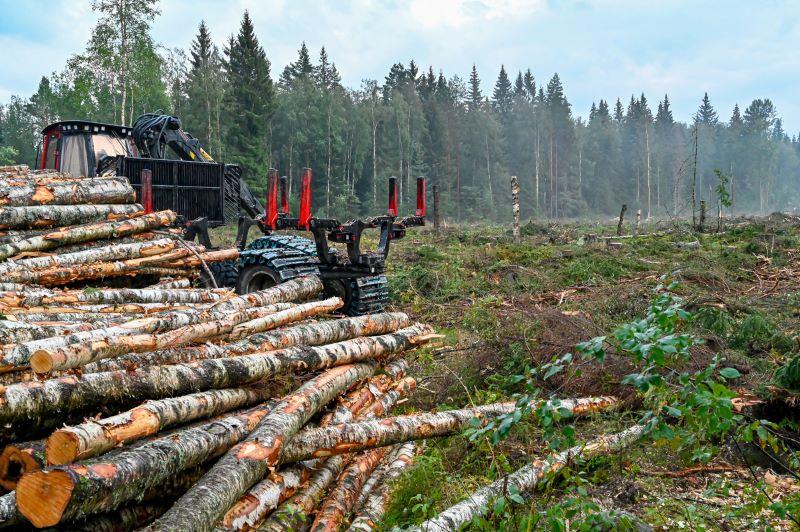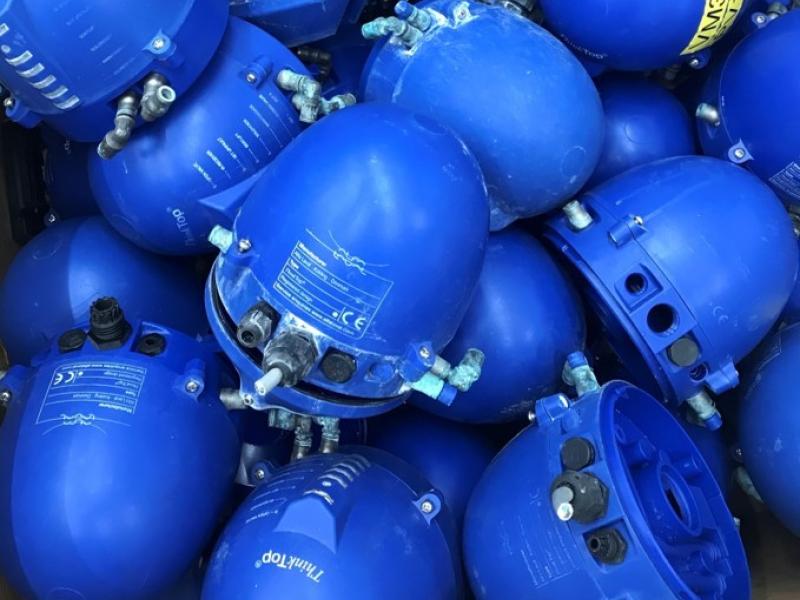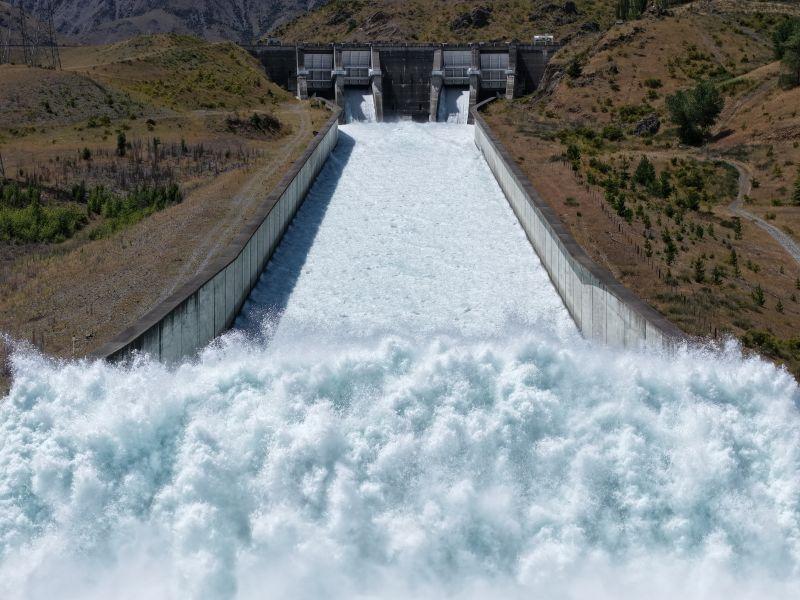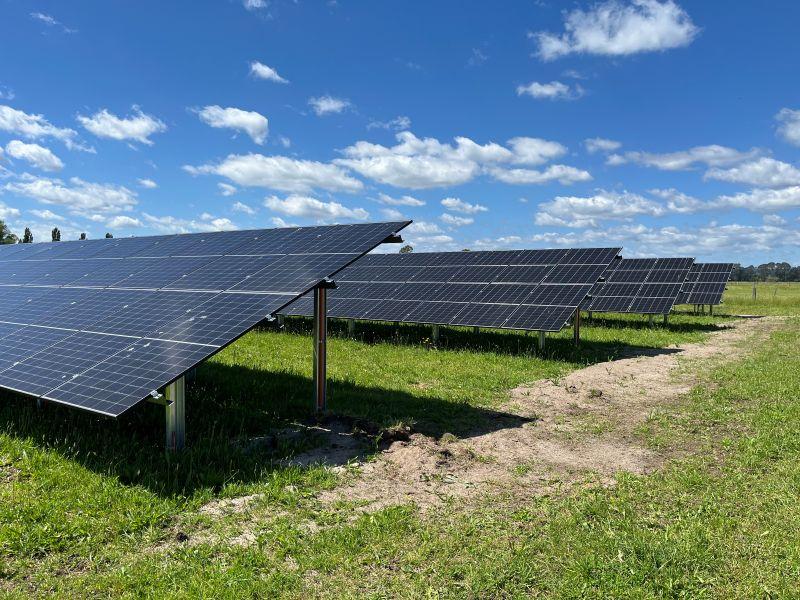“A blind commitment to electrification is only likely to leave New Zealand well short in its energy needs”, says the head of Bioenergy New Zealand’s solid bioenergy group.
Rob Mallinson says “the wholesale push for ‘electrification of everything’ in New Zealand, including industrial process heat and transport, has painted the energy source as a silver bullet to deal with decarbonisation”. “This ignores New Zealand’s unique opportunities from the extensive availability of wood waste for bio-heat, bio-gas and liquid biofuels. Such an approach undermines our energy resilience and our productive sectors and is ultimately costing real jobs.”
He points to New Zealand’s extensive wood residue availability, often the co-product of forestry, sawmilling and the construction sector. “Using residues as a fuel avoids the problems we have seen from slash. In some parts of New Zealand, the slash is recovered and used to replace fossil fuels. There is no reason why all our wood residues can’t be used as a fuel. If we did that then electricity and fossil gas would be freed-up for those businesses which really need them.”
Biomass can be used to generate our industrial heat at a much lower cost than electricity or natural gas, leaving those to be used in their higher value applications. “And wood fuel costs have remained at about the same cost for the past 15 years, in contrast to the soaring cost of gas and electricity.”
As New Zealand struggles to hang on to affordable base load electricity supplies, wood fuel offers a 24/7 source of stored energy. “Biomass is nature’s best battery – let’s take advantage of that. For industrial heat users there is no more reliable and cost-effective solution. With Dry Year risk only increasing – it’s a no-brainer.”
Electrode boilers, popular recently, need more wind turbines or, if it’s not windy, Huntly to run harder on coal. So, biomass boilers, when compared to the alternative of an electrode boiler, are effectively virtual power stations – but ones that use stored energy that can be released 24/7 year-round. “As gas reservoirs decline further and the proportion of wind and solar grows, these virtual power stations will be increasingly valuable.” “And when Genesis Energy starts using wood fuel at Huntly power station, the need for coal to manage electricity supply in dry years will disappear.”
He says that the volume of raw logs that New Zealand currently exports every year is staggering, and the equivalent to 150 petajoules of natural gas. “We would only need to divert around 30% of those export logs to de-carbonise every single industrial gas and coal boiler in New Zealand.”
Using low value export logs for bioenergy would provide another market, a market that is consistent & reliable, protecting jobs. While there are regional supply/demand imbalances, Mallinson says the reality is that wood fuel can be trucked over 300km and the CO2 from that truck’s diesel would only constitute around 2% of the abatement delivered by the wood fuel in the back of the truck, meaning it would still be around 98% carbon neutral.
Meantime biodiesel production could also enable decarbonisation of New Zealand’s fishing fleet, heavy transport and even logging equipment. And that biomass truck. “Electrifying everything simply cannot deliver. A sizeable role for bioenergy increases our chances of having enough electricity and gas to keep the lights on, run machinery and decarbonise our transport fleet. “And given the current geopolitical situation, how crazy is it to be even considering an LNG terminal, hugely exposing ourselves to international risk, when we have 150PJ of cheaper & unused fuel available domestically?
“Bioenergy can make a strong contribution to alleviating the shortage of power and natural gas. If we want an urgent response, and a robust long-term solution, rather than just talking, we need to pull this bioenergy lever hard, and fast.”






